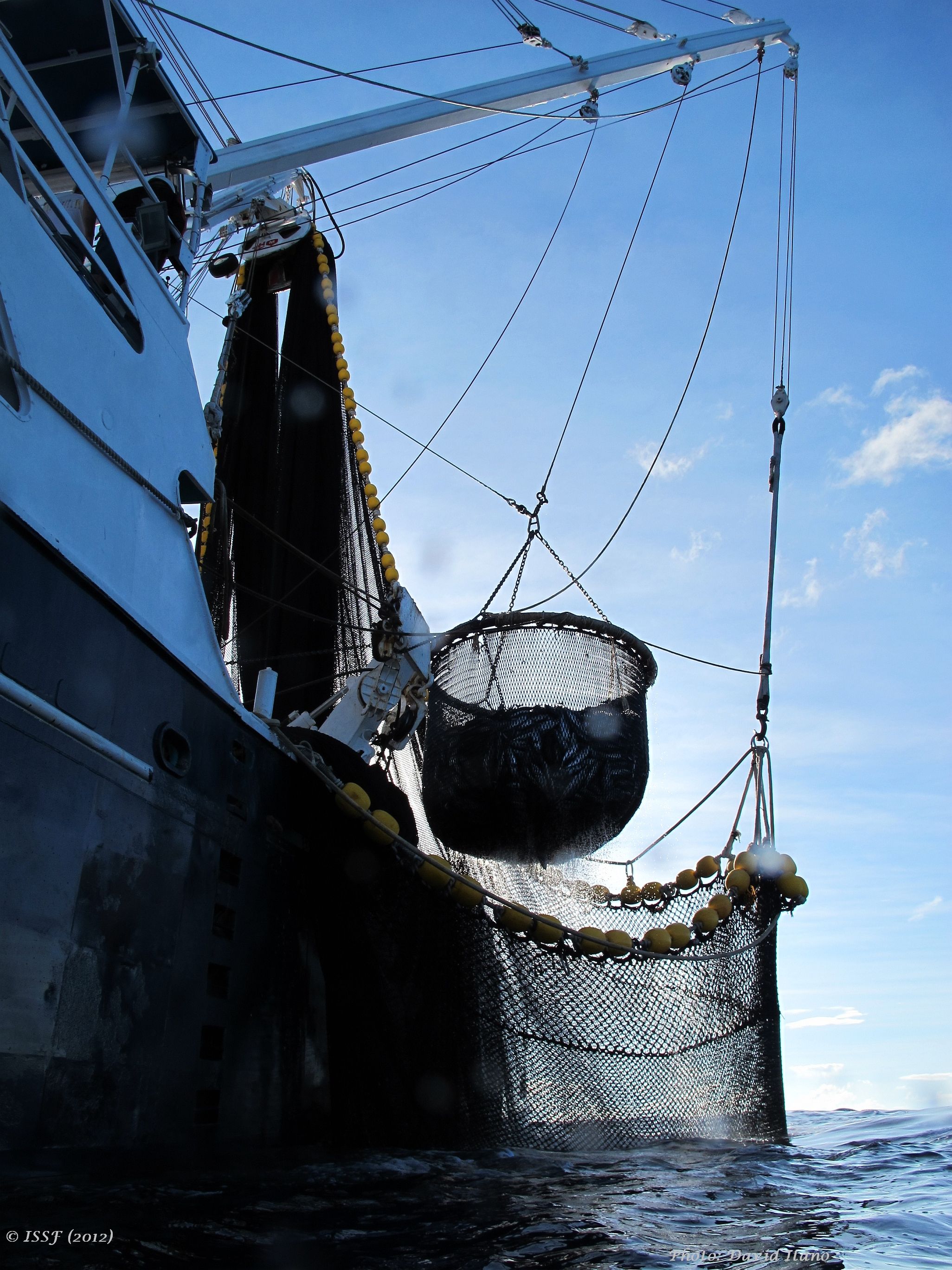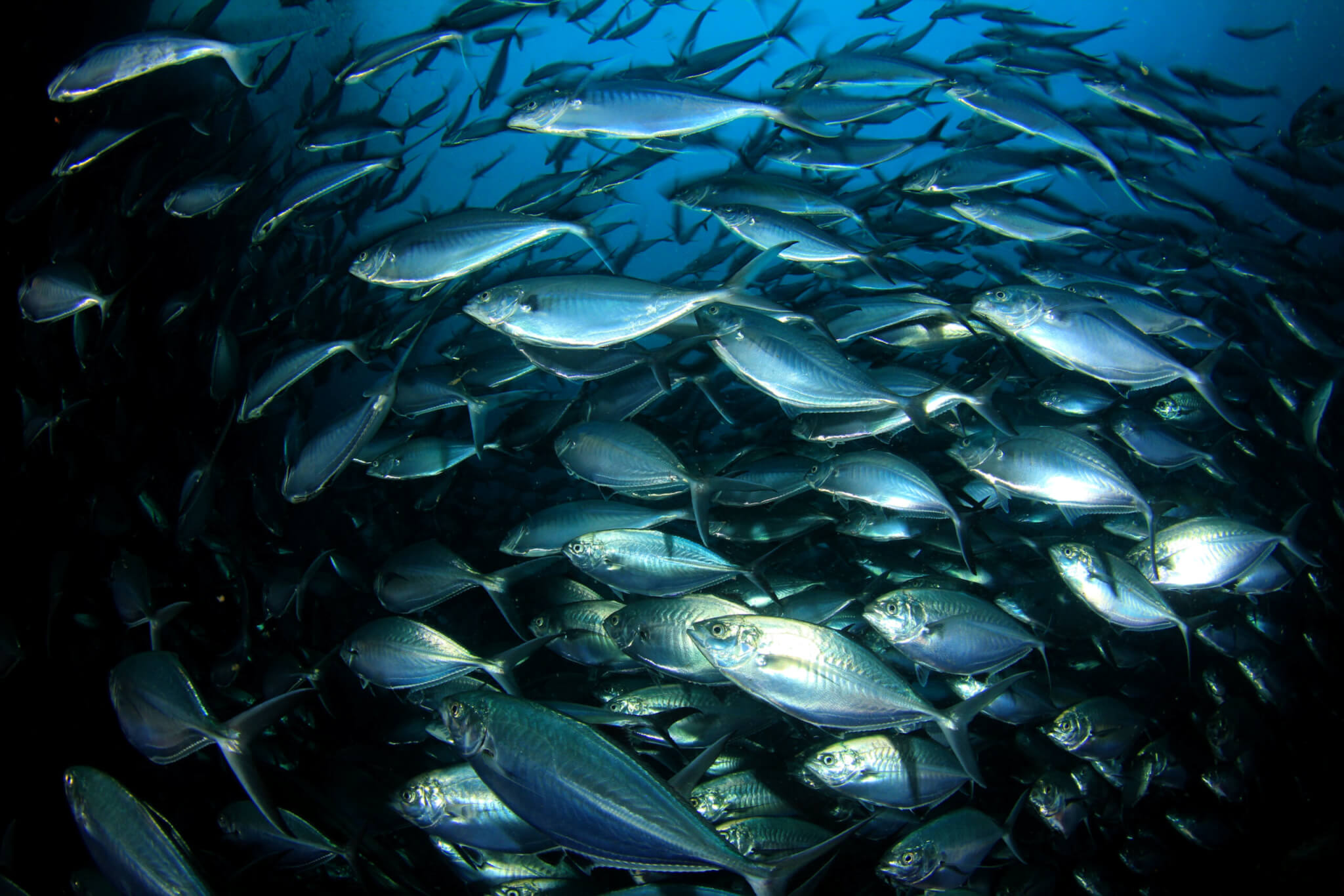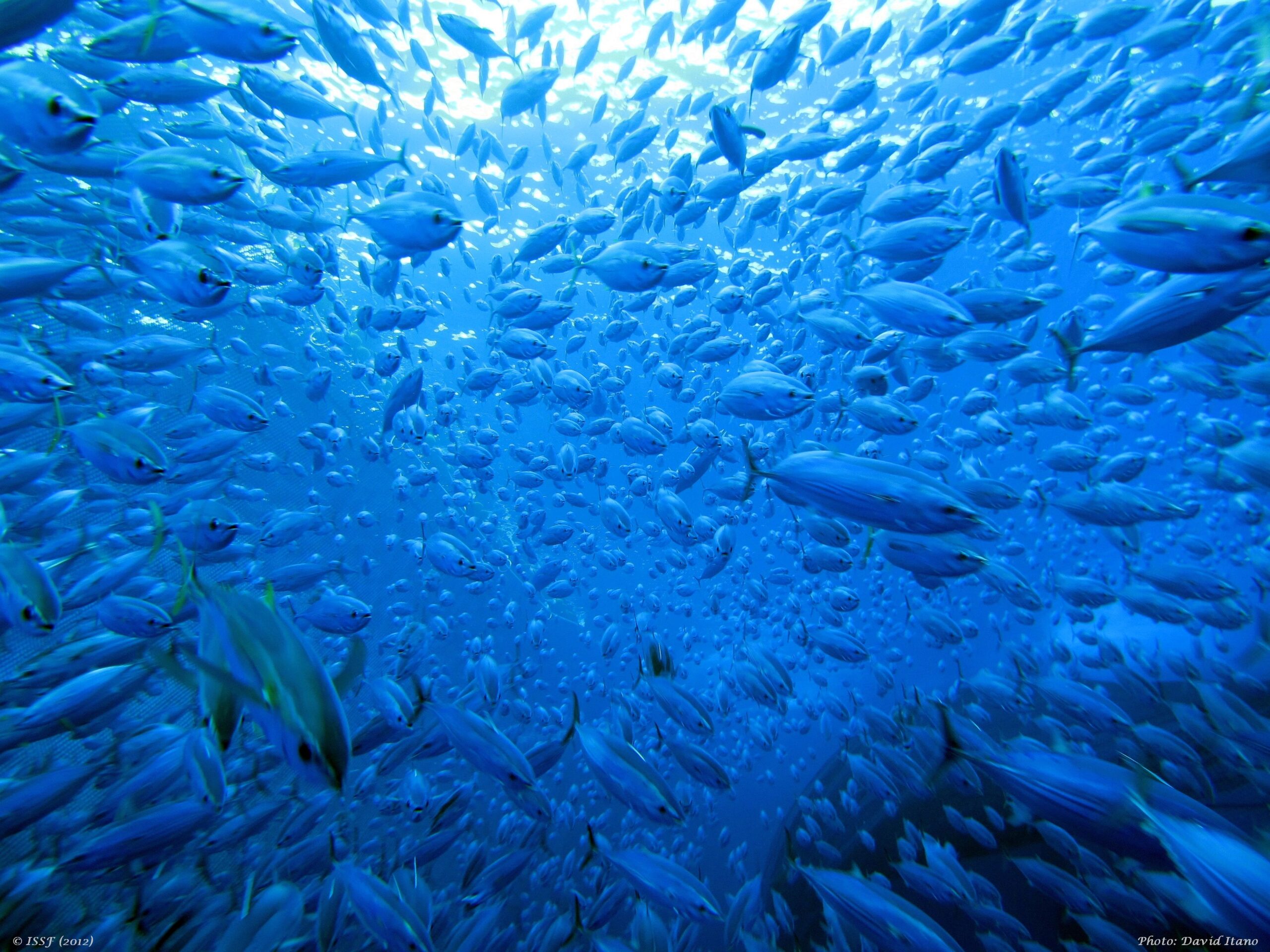
ISSF Launches Interactive Online Resource for Fisheries Improvement Projects (FIPs)
The International Seafood Sustainability Foundation (ISSF) has launched its FIP Resources Finder, an online tool for fisheries that matches more than 200 ISSF reports, guidebooks, and other resources to Marine Stewardship Council (MSC) Principles and Performance Indicators (PIs).
The Finder is designed for tuna fishery improvement projects (FIPs) seeking information and support to address issues in fisheries, earn passing scores on MSC Pis, achieve MSC fishery certification and ultimately to close conditions in a certified fishery. A fishery improvement project is a multi-stakeholder effort to address environmental challenges in a fishery. The ISSF tool is also designed for use by fisheries undergoing pre-assessments against the MSC Fisheries Standard.
We've launched an online tool especially for #fisheries pursuing @MSCecolabel #certification -- the #FIP Resources Finder. Share on XMSC certification is a science-based global standard in sustainable fishing based on three Principles — Sustainable fish stocks (Principle 1), Minimizing environmental impacts (Principle 2), and Effective Management (Principle 3) — incorporating 28 Performance Indicators. Helping all tuna fisheries to become capable of realizing MSC’s certification standards “without conditions” is ISSF’s long-time guiding objective, and assisting FIPs is a core element of ISSF’s 2018-2022 Strategic Plan. ISSF is the only NGO worldwide focused primarily on tuna-fishery sustainability.
How to Use the Finder
ISSF’s online resources and technical services can help FIPs improve performance on specific MSC Principles and Performance Indicators as they seek fishery certification. The FIP Resources Finder gives fishery stakeholders two ways to find helpful tools:
- Select an MSC PI of interest, and then view a curated list of ISSF resources that support improvement on that PI.
- Peruse a master list of the 200+ resources in the Finder by name and other characteristics.
In both the master and individual PI lists, the most important resources are “featured” in yellow at the top. Lists can be searched by keyword, and resources can by filtered by:
- Resource type, such as Advocacy materials, Guidebooks, or Skippers Workshops
- Topic, including bycatch, FADs, Supply Vessels, or Transshipment
- Use, such as during preassessment, within a FIP, or both
- Fishery gear type, including Gillnet, Longline, Purse Seine, and/or Pole and Line
All online resources in the Finder are linked to Webpages or PDFs, and email and social-network links at the top of each list make it easy to share resource information with FIP colleagues and other stakeholders.
ISSF also offers a FIP Support Form for requesting ISSF to provide technical services to a FIP — such as consultations, specific workshops, or asking fishery-improvement questions.
“ISSF tools and resources have always been complementary to FIPs, but our new FIP Resources Finder is one significant step of many in our effort to aid FIPs more directly in reaching their individual objectives,” said ISSF President Susan Jackson. “ISSF’s ultimate objective is to improve the sustainability of global tuna stocks, and one key component of that is to support fisheries in crossing the finish line for Marine Stewardship Council (MSC) Certification. FIPs are part of our long-term strategy, and we’re excited to work more directly with them.”
Engaging with FIPs
ISSF engages with FIPs in many ways, as outlined in ISSF’s Strategic Plan, Advancing Sustainable Tuna Fisheries:
- Provide science-based guidance and advocacy support as a stakeholder in FIPs that seek to achieve MSC certification standards
- Provide support and tools to tuna fisheries that are MSC-certified with conditions so they may close those conditions
- Provide FIPs that seek to meet MSC certification standards with science-based guidance, data and tools, as well as advocacy support at the RFMO and national levels, to support the implementation of FIP work plans
- Make available ISSF verification tools to all tuna fisheries, including tools for participating company traceability and vessel best practices, so they may transparently demonstrate progress
To learn more about FIPs and ISSF’s work with tuna fisheries, explore the Fisheries Improvement section of the ISSF Website.


